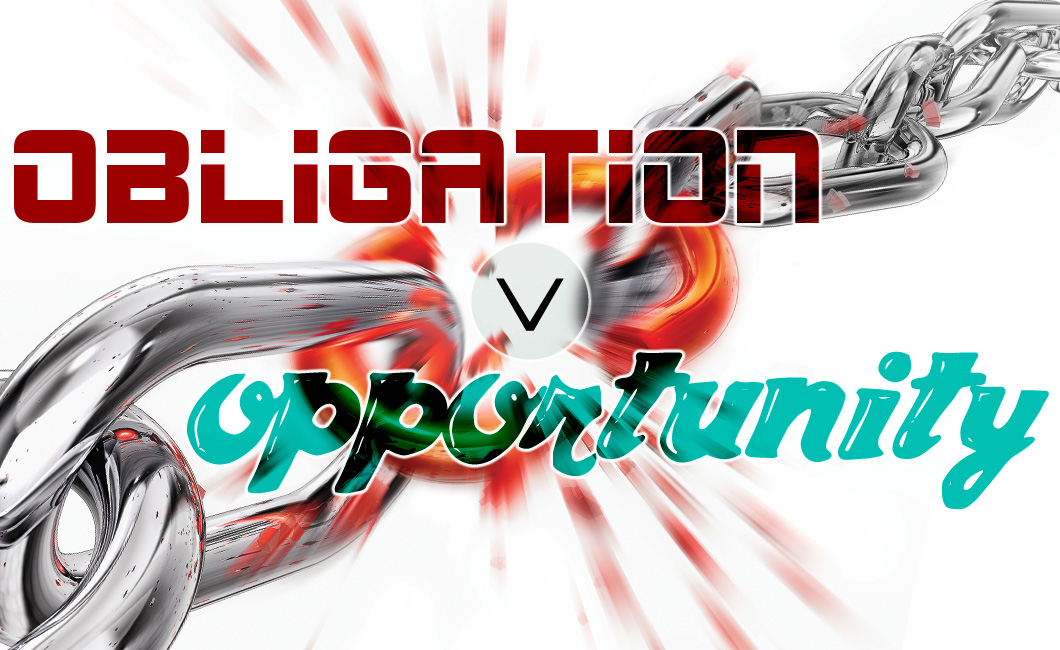- Power of Self-Mastery
- Be a motivated thinker looking to find meaning in the opportunities that you face
- Power of Focus
- Have a prioritized agenda
- Don’t get distracted
- Maintain your focus
- Power with People
- Everything we accomplish as leaders happens not just because of our efforts but also through the efforts of others
- Power of Persuasive Communication lets you communicate to:
- Sell
- Influence
- Be Understood
- Energize
- Inspire
- Power of Execution is based on your IQ (not your Intelligence Quotient) Implementation Quotient or Executing Characteristics:
- Don’t over-analyze, be afraid of failure or make or accept explanations as excuses
- Do dream big, plan small, team up, keep striving and act boldly
- Power of Giving teaches you to:
- Look beyond yourself
- Be of greater service in helping others
- Make the world a better place
- Take control of your own life
- Make your home/work life better
- Seize new opportunities
- Improve the service your “customers” receive
- Influence others to do their best
- Solve Problems
- Contribute to the betterment of others
- Make the world a little better
- http://www.barnesandnoble.com/w/you-dont-need-a-title-to-be-a-leader-mark-sanborn/1100622733?ean=9780385517478
- https://www.amazon.com/You-Dont-Need-Title-Leader/dp/0385517475/ref=sr_1_1?ie=UTF8&qid=1466441425&sr=8-1&keywords=You+Don%E2%80%99t+Need+a+Title+to+Be+a+Leader
Written by Jenifer Chrisman on July 18, 2016.
“When your effort is low, you’re probably not thinking about the opportunity, you’re thinking about the obligation.”
– Eric Thomas, Oklahoma City Dodgers
Life is full of opportunity. The trouble is we get so busy just muddling through our day to day we forget to see it that way. And for most of us it takes a seriously eye-opening experience to remind us what is important.
My own personal experience came some years back. Due to youthful stupidity I was deep in debt, upside down on my car and could barely afford to keep a roof over my head, let alone have enough money – ramen noodles kind of have enough money – left over to eat. I had just started with a large company and in the beginning I loved my job. A few months down the road I was arbitrarily, and against any desire on my part, moved to another position in a different department.
To give a little background, a certain position in the department was treated like royalty. The remaining positions were treated as less than the door mat people wipe their feet on. In the six months prior to my forced move the people in the “less than a doormat” positions walked out twice…every last one of them.
I was stuck for it. I desperately needed the job. I quickly came to dread going to work, so much so that I cried everyday when I got home. I even cried on weekends, on Saturday because I didn’t have to be at work and on Sunday because I had to go back the next day. My attitude and performance quickly came to reflect my feelings of obligation to remain in a position I absolutely loathed.
I was there maybe three months when one of the only “royalty” position coworkers I respected decided to talk to me about it. He could have been ugly or rude; instead he tried to be a friend. I wish I could remember his exact words, because they changed my life. He told me if I hated the job so much I should find another job, but in the meantime I should do the job I was paid to do and do my best to work pleasantly with the people around me.
He was right. From that moment on, and I won’t say I ever even liked that job, I came to see it as an opportunity to learn and grow in my field, to always do my best and to be a better person. That drastic change in attitude, from obligation to opportunity, enabled me to find a great job with another (much smaller) company, for considerably more money, only a few months later. And, in many ways because of that job, I have won local, regional, state and national awards in my field.
But it also kept me from burning that bridge when I left. I returned there a few years later to another department under their corporate HR. I stayed with them for over seven years until I moved across the country and it was one of the two best jobs I ever had.
Although it speaks specifically of leadership, “You Don’t Need a Title to Be a Leader” by Mark Sanborn makes some excellent points about choosing opportunity over obligation in the Six Principles covered by the book:
The book teaches you to want to:
Choosing opportunity over obligation is a lifelong process, but we should never stop trying to improve our personal skills, abilities and knowledge. And we should always make the most of each opportunity to help make a positive difference, whether in ourselves or others, every day.
Sources:



